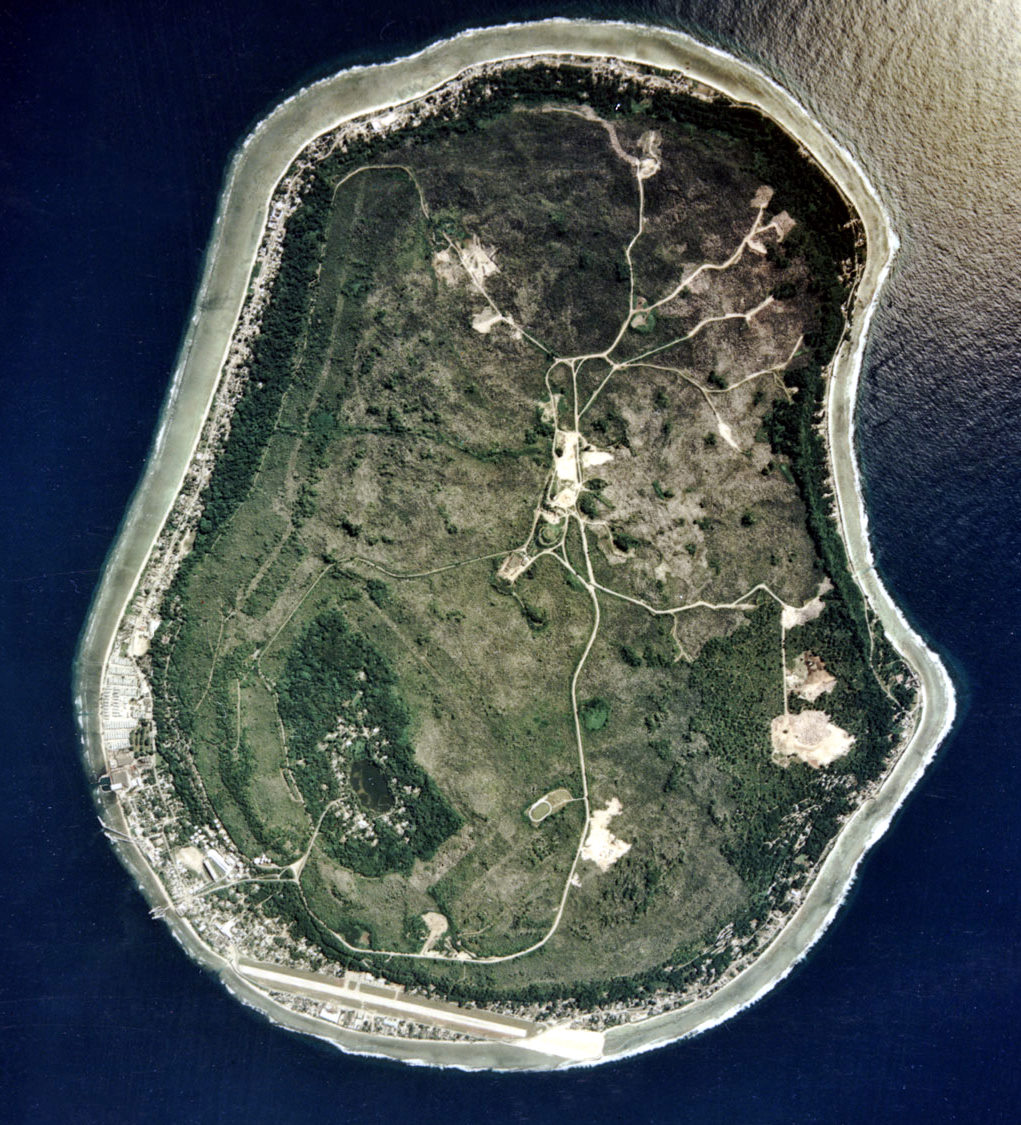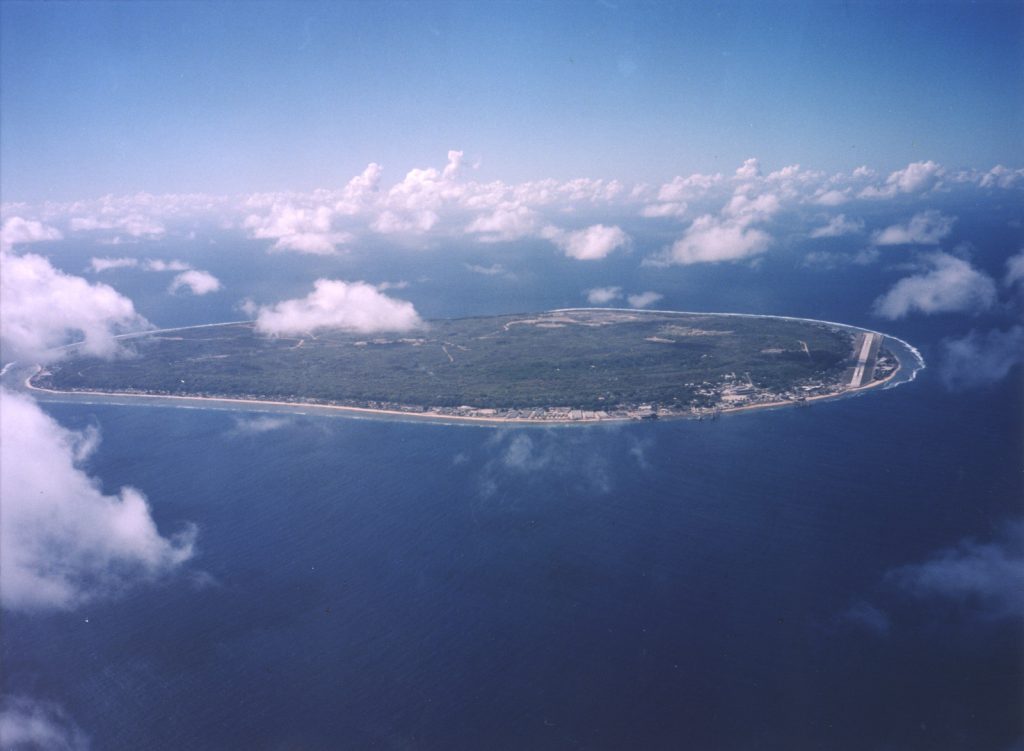I read Paradise for Sale: A Parable of Nature and reflected on how to live a sustainable life.
With the development of advanced science and technology, humans are living in unprecedented comfort and convenience. The old saying of “compatible mama” is long gone. At least, we don’t have to live in fear of being attacked by wild animals, and smallpox was declared eradicated worldwide in 1979. Thanks to the weapons developed in conjunction with science and technology, humans are living at the top of the ecological pyramid without natural enemies, and thanks to advances in medicine, we are on our way to a life expectancy of 100 years.
Based on the advancement of science and technology, humans have created a system of cities for comfortable living. In cities, humans pave the land to make roads and cut down mountains to build buildings. We drive around in cars and produce the things we need in factories. The comfort and attractiveness of cities has attracted people to live there, and urbanization has become a global trend. With rapid urbanization, the United Nations estimates that by 2025, more than two-thirds of the world’s population will live in cities. As cities become overcrowded, they are unable to generate their own resources and energy, and are dependent on the land to sustain them.
Cities are highly misshapen spaces from the Earth’s perspective. Soil is buried under asphalt and concrete, and water is impounded. They are inhabited by the overwhelming majority of individuals of the human species, who cannot obtain enough food, goods, and energy from their own land, so they bring them in from outside the city to consume them. But humans perceive the city as a collection of human scientific civilization. Skyscrapers have become a symbol of high growth as a collection of advanced construction technologies, and every city in the world has a famous skyscraper, and cities that are densely populated with skyscrapers consume enormous amounts of energy every minute to maintain their vitality. Nevertheless, humans have been steadily expanding the perimeter of cities.
Compared to societies before the development of science and technology, humans are certainly living a more prosperous life. In transportation, communication, construction, medicine, and too many other areas to list, modern humans enjoy things that even royalty couldn’t afford 500 years ago. But it’s important to realize that the continued expansion of human dominance in nature is not growth. In Paradise for Sale: A Parable of Nature, the author uses the modern history of the small South Pacific island of Nauru to show that unchecked growth is not progressive at all, but rather its harms come back to us like a boomerang, and that when we realize the folly of ecosystem destruction and unrestrained resource consumption, our behavior will change and the environment will become sustainable.

(Source – https://en.wikipedia.org/wiki/Nauru#/media/File:Nauru_satellite.jpg)
Nauru has developed its own unique sustainable culture with a population of around 1,000 people per year. With fish readily available, tropical fruits such as coconut and pandanus native to the islands, and no shortage of sustenance except in times of drought, festivals, song, dance, exercise, games, conversation, and simple socializing abound. Of course, Nauruans were not without daily conflict, but because they lived on a small island, they did not seek to resolve disputes through destructive acts such as war. Before Western influence, people lived on small islands in the South Pacific not because they were tropical paradises, but because they were sustainable places to live.

(Source – https://en.wikipedia.org/wiki/Nauru#/media/File:Aerial_view_of_Nauru.jpg)
However, in 1899, the discovery of millions of tons of high-quality phosphate ore for agriculture led Western powers to target Nauru’s vast underground resources. Since then, Nauru has been subject to European imperialism, World War I and II, German occupation, forced removal of indigenous peoples by Japan, and trusteeship by the United Nations. It wasn’t just the island itself that was left in ruins, with more than one-third of the island completely destroyed by foreign power and 60 years of mining under the later trusteeship. Nauru’s culture was also destroyed, and over the course of the 60 years of the outcry, the island became increasingly Westernized and embraced capitalism, relying on underground resources. After gaining independence in 1968, Nauru’s wealth was accumulated by mining the underground resources in a way that was already ingrained, and in return, the island was devastated and diseases such as obesity and diabetes were created. The old Nauruan saying, “Tomorrow will take care of itself,” is no longer true after more than a century of mining, as the island’s underground resources are dwindling.
A population that nature could support, hunting and gathering as much as could be consumed in the short term without greed, and eating the fruits that grew in abundance allowed for a sustainable way of life where tomorrow literally took care of itself, allowing the Nauruans to develop their unique culture for 2,000 years. However, the greed of mining for wealth has led to the degradation of the natural environment and the loss of habitat, resulting in a decline in biodiversity. Many of the native plants that supported the Nauruans’ culture of sustainable living are now extinct on Nauru, with nine of the 17 species of pandanus now extinct and others at risk of extinction as the remaining areas are mined. There is no hope for a more sustainable life.
One might look at the plight of the Nauruans and think that it was their own foolishness that put them in danger, selling their underground resources for wealth that did not secure their future. Indeed, a fund was set up, but the Asian economic crisis of the mid-1990s caused it to fail. But the Nauruans did not bring the Europeans, nor did they create the market economy that guided the island’s development. The tragedy of Nauru stems from the fact that Europeans simply disregarded the indigenous people’s unique culture and destroyed their natural environment to make money.
The practices that led to the tragedy on Nauru are unfortunately common practices that we see all too often around the world today. We dig for energy or materials for our products, and in order to do so efficiently, we destroy the environment around us. The social systems we live in have become unsustainable without destroying the environment and ecosystems. In order to build new roads, houses, shopping malls, schools, factories, etc. we destroy the environment and disturb the ecosystem. Sprawling cities symbolize the development of scientific and technological civilization, and we are proud of our expanding human sphere. For convenience, we build roads, build dams, and fill in oceans and tidal flats. But we don’t give much thought to the environmental impact of these actions. It’s always about cost and benefit.
Humanity should certainly learn from the history of this small island. The people of Nauru are able to leave the ruins of their island. They are no longer cut off from the outside world as they were in the past when sustainable living was practiced. They don’t even have to leave the island to survive. They can import everything they need from the outside. However, if we replace Nauru with the Earth, we can’t leave the Earth and we can’t bring things from outside the Earth. In the end, like the people of Nauru in the past, we need to build sustainable systems so that we can live without worrying about tomorrow.
This is not to say that we should discard the science and technology we have developed. However, it means that the way we use advanced science and technology should be in the direction of protecting the environment and maintaining ecosystems so that nature and humans can coexist, not in the direction of destroying the environment and expanding human territory. Of course, it is impossible to change the current system overnight, so we will still extract resources and build cities and dams. However, if we recognize the problem and want to change it, research on energy-efficient buildings will be valued more than research on skyscrapers, research on renewable energy will be valued more than research on efficient underground resource exploitation, and miniaturized and decentralized systems will be built rather than the current system of sprawl and high density.
We cannot expect to move towards sustainable development from a capitalist perspective of cost and benefit. Environmental problems approached from a capitalist perspective can only end in a tragedy of the commons. Environmental issues are not a matter of efficiency, but of urgency. To ensure the future of humanity, we must accelerate renewable energy research, minimize pollution, and preserve our forests, rivers, and oceans. We need to move away from inefficient systems that are large, concentrated, and require high energy and towards smaller and more decentralized systems. These efforts must be recognized and undertaken not only by individuals and small groups, but also by a global consensus, and only by working together can we achieve a more realistic approach. Conservation will not happen just because a few people talk the talk. On a large scale, it will require global funding and the practical implementation of regulations and agreements, and on a smaller scale, it will require individuals to recognize the seriousness of the problem and start thinking about the environment and conserving resources.
Development in the form of building skyscrapers and organizing cities into dense forests of buildings is too far removed from sustainable living. There is only so much that nature can handle. We will worry less about tomorrow when we move away from huge, concentrated systems that nature can’t handle and toward smaller, decentralized systems that are tailored to what nature can handle. We need to realize from the history of Nauru Island that we need to have the wisdom to think about the future rather than immediate convenience and material gains, and through advanced science and technology, we should move toward the direction of coexistence and sustainability that considers the environment and nature rather than development and growth in the direction we are currently heading.
 I’m a blog writer. I want to write articles that touch people’s hearts. I love Coca-Cola, coffee, reading and traveling. I hope you find happiness through my writing.
I’m a blog writer. I want to write articles that touch people’s hearts. I love Coca-Cola, coffee, reading and traveling. I hope you find happiness through my writing.